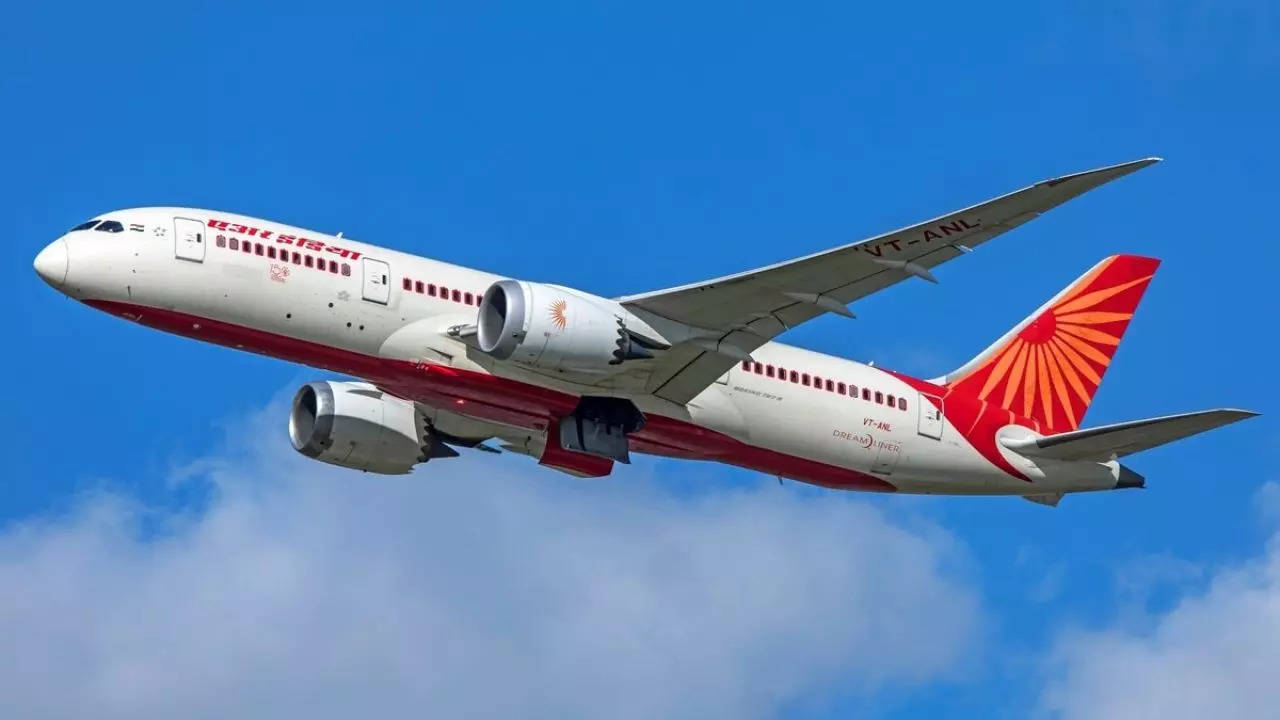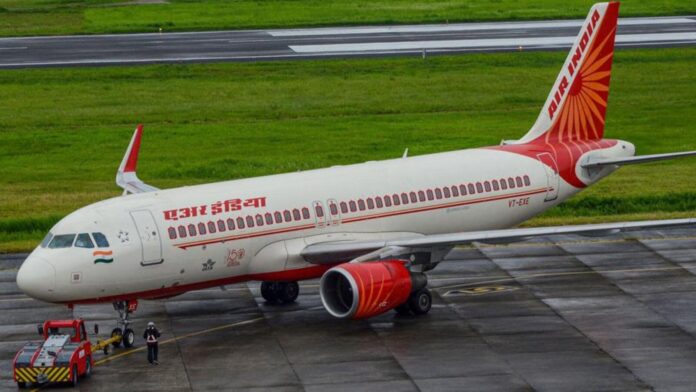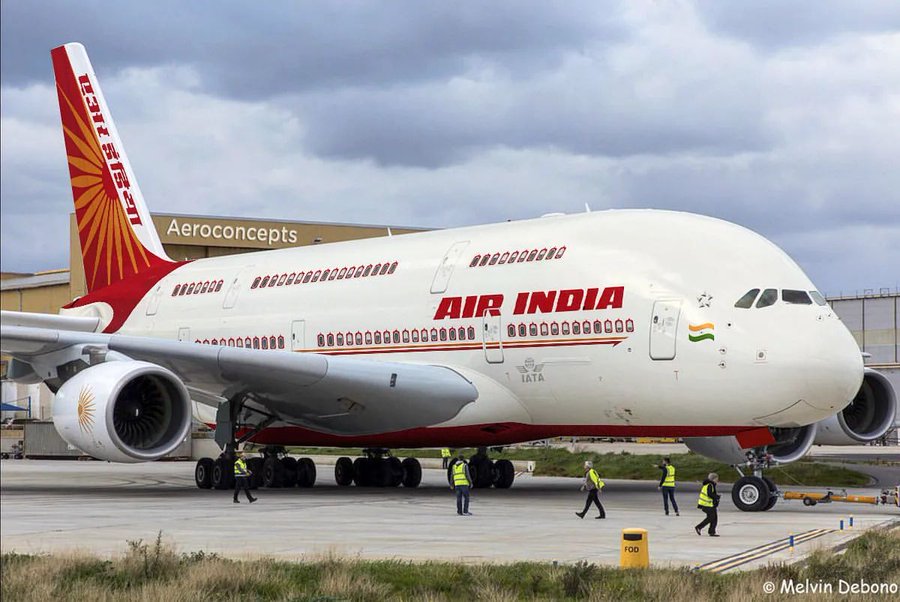New Delhi serves as the headquarters of Air India, the national carrier of India. It is owned by the Indian government and runs an Airbus and Boeing fleet that travels to both domestic and foreign locations.
Tata Airlines, the original name of the airline when it was founded in 1932, was later nationalized and changed to Air India.
Air India operates flights to over 60 destinations worldwide, including major cities in Asia, Europe, North America, and the Middle East. The airline is a member of the Star Alliance, a global airline network.
In recent years, Air India has faced financial difficulties and has struggled to compete with other major airlines in the region.
The government has attempted to revive the airline by infusing capital and launching a disinvestment process. But still, the airline is facing a huge financial crisis.
Air India has faced several controversies over the years, including safety concerns and labor strikes.
Despite these challenges, the airline remains an important player in the Indian aviation industry and continues to serve a significant number of passengers each year.
To revive the airline and compete with much larger rivals, Air India will on Friday finalize half of a multibillion-dollar order with Boeing, engine suppliers General Electric and CFM International, and a total of 495 jets.

On the day that marks one year since Tata Group took control of the former state-run carrier, Air India is expected to announce an order for 190 Boeing 737 MAX narrow-body aircraft as well as some 20 Boeing 787s and 10 Boeing 777X, according to sources who spoke to Reuters.
It is anticipated that the second half of the order, which includes about 235 Airbus single-aisle jets and about 40 Airbus A350 widebody aircraft, will be formally completed over the next few days.
Senior representatives from Boeing, GE, and CFM are expected in India on Friday to celebrate the deal.
It is still unknown when either deal might be made public, despite earlier hopes for a single coordinated announcement, particularly with the Aero India air show in February approaching, when deals like this are typically announced.
Boeing, Airbus, GE, and Safran, the other joint venture partners with CFM, also declined to comment.
India, which is expected to surpass China as the most populous nation in the world, has a sizable, underserved air travel market that is dominated by the low-cost airline IndiGo.
However, Middle Eastern airlines like Emirates and Qatar Airways carry the majority of outbound passenger traffic from India.

IMMEDIATE AIR INDIA
Air India hopes to rebuild its reputation as a storied airline with first-rate service and aircraft of the highest caliber both domestically and abroad under the ownership of its new owners.
Nearly 20 aircraft that had been out of commission for years due to a lack of funds and parts have been restored to service. The airline has also stated that it will invest more than $400 million in the refurbishment of its entire legacy wide-body fleet, which consists of 27 Boeing 787-8s and 13 777s.
Over the next five years, the goal is to capture 30% of the domestic air travel market, closing the gap with market leader IndiGo.
According to the airline’s new CEO, Campbell Wilson, it also wants to “multiply” its current share of international travel.
The Indian government has launched a disinvestment process for Air India, which is also known as “Resurgent Air India,” to revive the airline and make it financially stable.
This process includes the sale of the government’s stake in the airline to private investors, along with the transfer of management control to the private sector.
The disinvestment process aims to address the financial challenges faced by Air India, which has been in debt for several years and has struggled to compete with other major airlines in the region.
The government hopes that the private sector can bring in the necessary capital and expertise to turn the airline around and make it financially viable.
The parent company, Air India Limited, and its subsidiaries, Air India Express, Air India SATS Airport Services Private Limited, and Air India Engineering Services Limited, have all been divided into four separate companies as part of the disinvestment process.
Due to this, it will become more appealing to potential investors and draw in more bidders.
The Indian government has set a deadline of December 2021 to complete the disinvestment process and transfer the ownership of Air India to private investors.
It’s important to note that the divestiture process of Air India is still ongoing, and the outcome of the process is yet to be seen.
With a combined market share of 24%, Tata’s four airlines—including two low-cost carriers, Air India and Vistara, a joint venture with Singapore Airlines—include two low-cost carriers.

Analysts have claimed that Air India has the potential to wrest some passengers away from competing Gulf carriers, but only after matching their fleet and service standards.
The domestic conflict with IndiGo won’t take place without fierce opposition from a carrier that is actively growing.
Also, read these articles.


